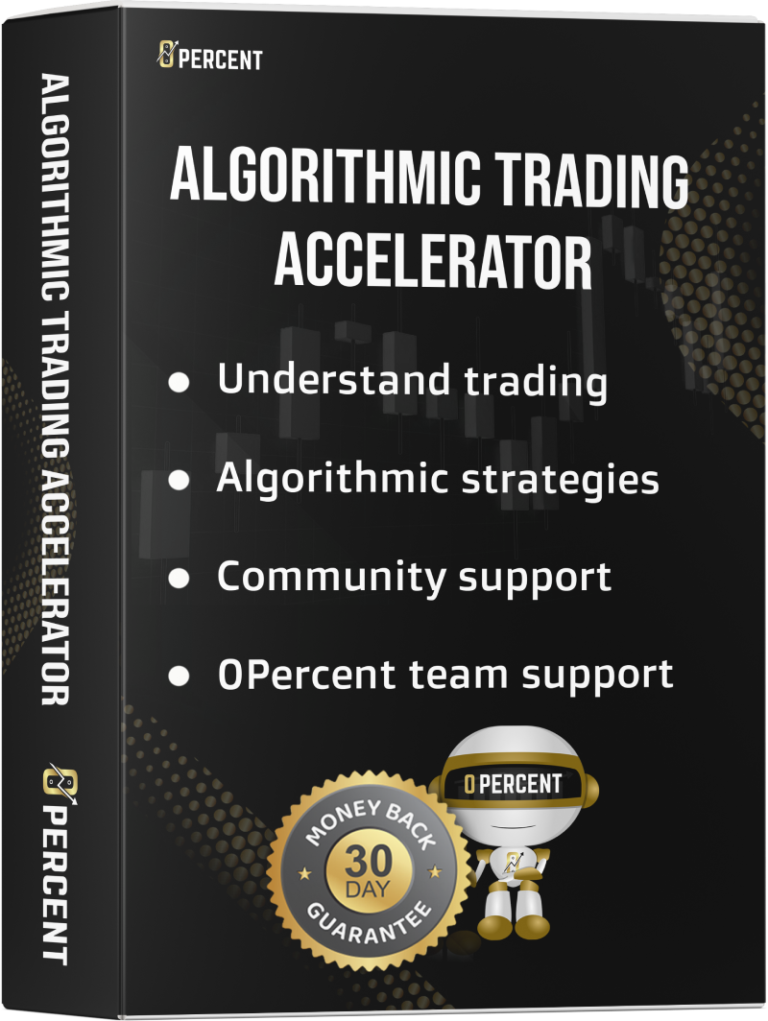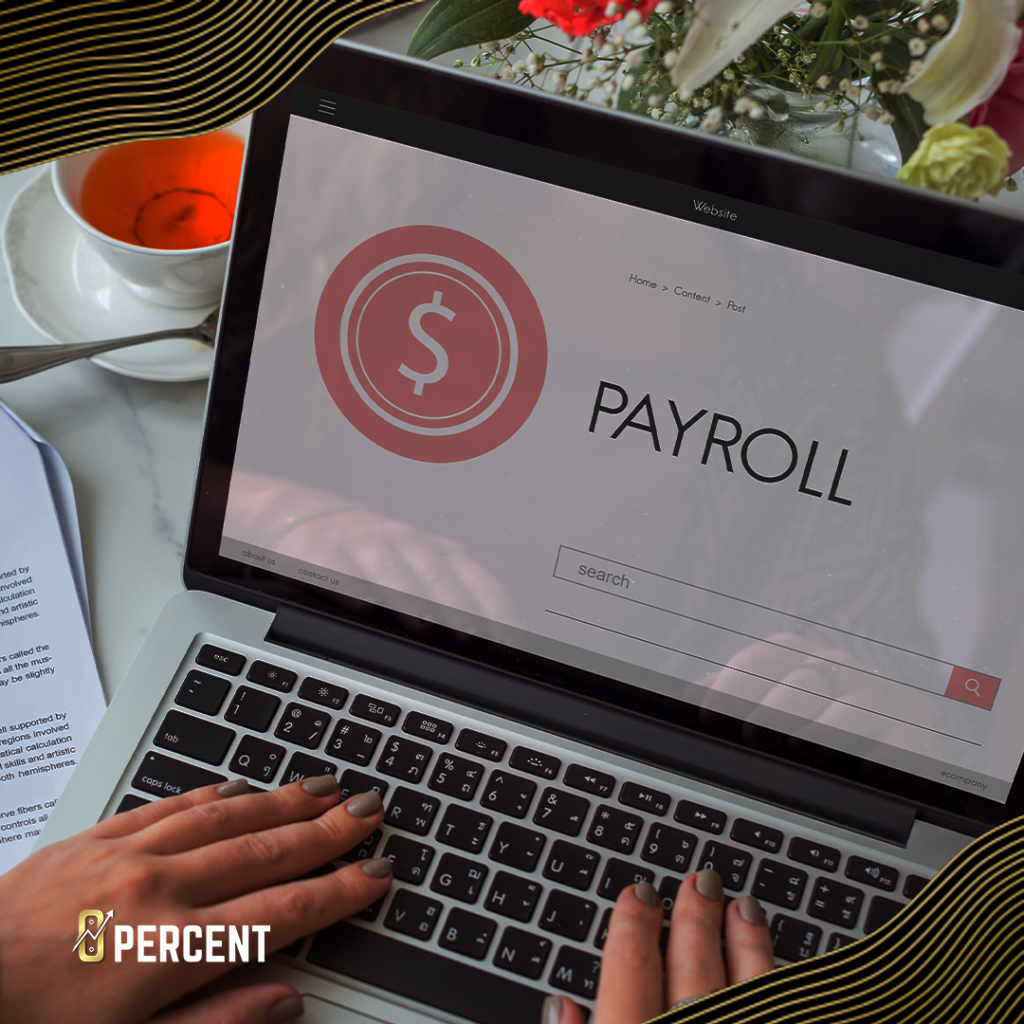Understanding Income and Expenses
As a gig worker, your income may come from various sources, such as freelance projects, contract work, or platform-based gigs. It is crucial to track and organize your income accurately. Use tools like spreadsheets or financial management apps to monitor your earnings and maintain a clear record.
Similarly, staying on top of your expenses is essential for financial management. Keep a detailed record of business-related expenses, including equipment, software, marketing, and travel. By categorizing and organizing your expenses, you can gain a better understanding of your cash flow and make informed financial decisions.
Budgeting for Freelancers
Creating a budget is fundamental to effectively managing your finances as a freelancer. Start by identifying your fixed expenses, such as rent, utilities, and insurance. Then, allocate a portion of your income towards variable expenses, such as groceries, transportation, and entertainment.
It is crucial to set aside funds for taxes and healthcare. As a self-employed individual, you are responsible for paying self-employment taxes, including Social Security and Medicare taxes. Consult with a tax professional to understand your tax obligations and plan accordingly.
Managing Cash Flow
One of the biggest challenges for gig workers is dealing with irregular income. Establishing a consistent cash flow is vital for financial stability. Start by creating an emergency fund to cover unexpected expenses or periods of low income. Aim to save at least three to six months’ worth of living expenses in a separate savings account.
To manage cash flow effectively, consider setting up multiple income streams. Diversifying your client base or exploring different gig platforms can provide a more stable income. Additionally, make sure to invoice clients promptly and follow up on any late payments to maintain a healthy cash flow.
Tax Planning for Freelancers
Navigating the tax landscape can be daunting for freelancers. Understanding self-employment taxes is crucial to avoid surprises when tax season arrives. As a self-employed individual, you are responsible for paying both the employer and employee portions of Social Security and Medicare taxes.
Organizing and tracking your business expenses is essential for tax purposes. Keep receipts and records of all business-related expenses and consider using accounting software to simplify the process. Working with an accountant or tax professional can provide valuable guidance and ensure you are maximizing deductions and credits.
Retirement Planning for Gig Workers
Planning for retirement is often overlooked by freelancers who are focused on their current income. However, saving for retirement is crucial for long-term financial security. Consider opening and contributing to retirement accounts like a Simplified Employee Pension (SEP) IRA or a Solo 401(k).
Evaluate your retirement goals and determine how much you need to save each month to reach them. Even small contributions can add up over time. Start early and take advantage of compounding interest to secure a comfortable retirement.
Insurance and Risk Management
In the gig economy, freelancers are exposed to various risks. It is essential to identify and manage these risks to protect your financial well-being. Consider obtaining insurance coverage, such as professional liability insurance, health insurance, and disability insurance.
Building a safety net is equally important. Set aside a portion of your income each month for emergencies. This emergency fund will provide a buffer in case of unexpected expenses or a temporary loss of income.
Debt Management
Managing debt is a critical aspect of personal finance. Prioritize paying off high-interest debt first, such as credit card debt or personal loans. Consider consolidating or refinancing your debts to lower interest rates and simplify payments.
If you find it challenging to manage your debts on your own, seeking professional help from a credit counselor or a debt management agency can provide valuable guidance. They can help you create a debt repayment plan and negotiate with creditors on your behalf.
Managing Multiple Clients and Projects
As a gig worker, juggling multiple clients and projects is a common scenario. To stay organized, use project management tools or apps that can help you track deadlines, manage tasks, and collaborate with clients. Set boundaries and establish clear communication channels with your clients to avoid burnout and ensure a healthy work-life balance.
Maintaining a Work-Life Balance
Maintaining a work-life balance is crucial for the well-being of freelancers. Remember to prioritize self-care and personal well-being. Set realistic expectations and boundaries, and allow yourself time to relax and recharge. Take breaks, exercise regularly, and engage in activities you enjoy outside of work.
Networking and Professional Development
Networking plays a vital role in the gig economy. Join communities and associations related to your field to connect with fellow freelancers, share experiences, and gain insights. Continuous learning and skill development are also crucial for professional growth. Invest in courses, workshops, or online learning platforms to stay ahead in your industry.
Building a Support Network
Building a support network can provide valuable resources and emotional support for freelancers. Join online forums or local groups where you can connect with like-minded individuals. Collaborating with fellow gig workers can also lead to new opportunities and partnerships.
Conclusion
Managing money as a freelancer or independent contractor requires careful planning and financial discipline. By understanding your income and expenses, creating a budget, managing cash flow, and planning for taxes and retirement, you can achieve financial stability in the gig economy. Remember to prioritize self-care, invest in personal and professional growth, and build a strong support network. With these tips in mind, you can navigate the world of personal finance with confidence and thrive as a gig worker.








